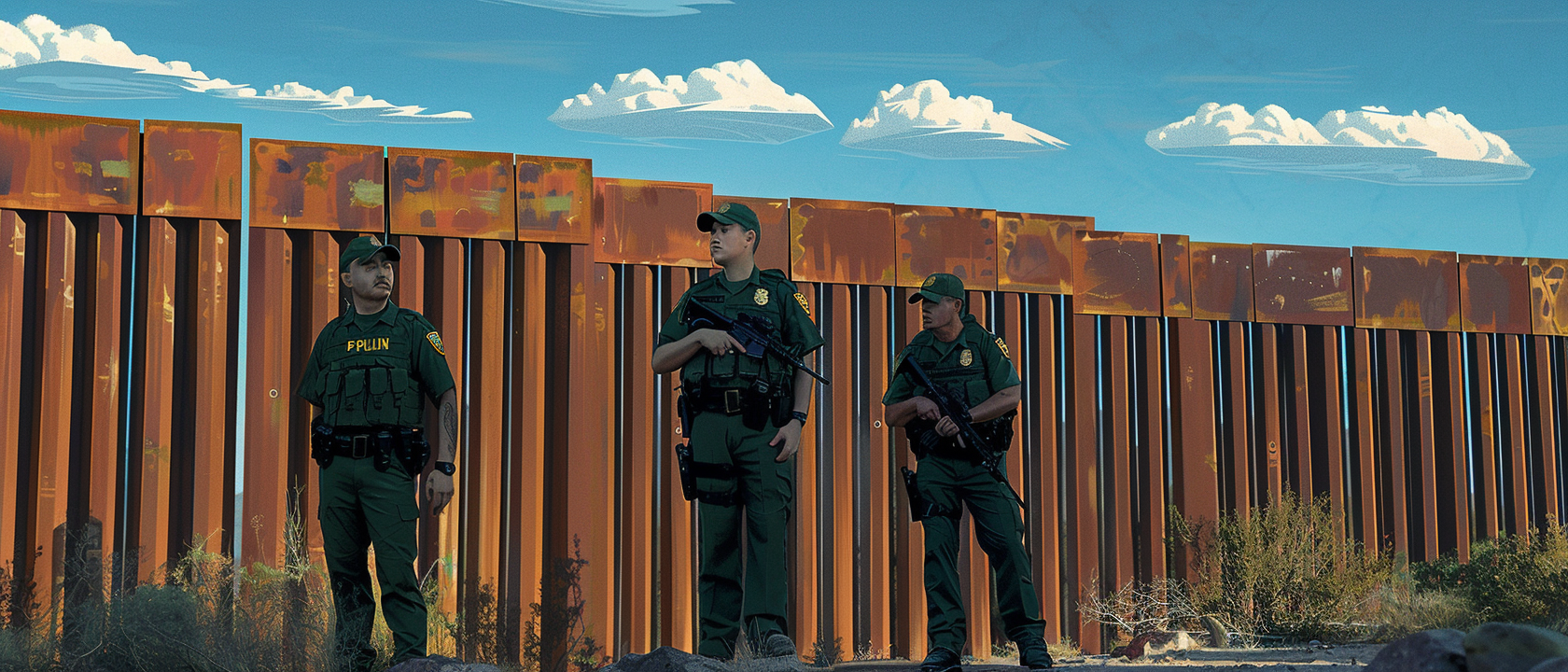

The U.S. Supreme Court’s recent decision allows Texas to enforce its immigration law, SB4, as legal appeals proceed.
In a significant move, the Supreme Court has allowed Texas to enforce its immigration law, known as SB4, while legal appeals continue. The law was passed against a backdrop of increased border crossings and is a part of Governor Greg Abbott’s efforts to bolster the state's role in immigration enforcement.
The law criminalizes the act of migrants illegally crossing into Texas and empowers state officials to deport undocumented individuals. Under SB4, noncitizens who enter Texas from Mexico can face state criminal penalties, including up to six months in jail. Repeat offenders may be charged with a felony, and state judges are given the authority to order deportations to Mexico, even without the consent of the Mexican government.
The Supreme Court's decision to allow the law to take effect was divided and preliminary. Justice Sonia Sotomayor, joined by Justice Ketanji Brown Jackson, dissented, stating that the majority's decision leads to "further chaos and crisis in immigration enforcement" and that a lower court judge had deemed the law "likely unconstitutional.”
Texas Attorney General Ken Paxton hailed the order as a "huge win," declaring the statute now enforceable. Paxton argues that the law "mirrors rather than conflicts with federal law," and that Texas has long coordinated with federal immigration officers.
Despite the opposition, the conservative-majority Supreme Court, with a 6-3 split, declined to explain its reasoning for permitting the enforcement of SB4. However, Justice Amy Coney Barrett, with Justice Brett M. Kavanaugh concurring, suggested that the law's ultimate fate still depends on a forthcoming decision from the 5th Circuit Court of Appeals.
The current legal scenario echoes a past Supreme Court decision from 2012 that struck down parts of an immigration law in Arizona, highlighting the ongoing debate over state versus federal authority in immigration matters.
As the law takes effect, its potential future implications are uncertain. It may still be blocked at a later date depending on the outcomes of ongoing litigation. The 5th Circuit Court of Appeals has yet to deliver a comprehensive ruling on whether to maintain the law during the appeal process. The Supreme Court has left open the possibility for the issue to return to the justices if the lower court does not act promptly.
https://www.washingtonpost.com/politics/2024/03/19/supreme-court-texas-immigration-law/
